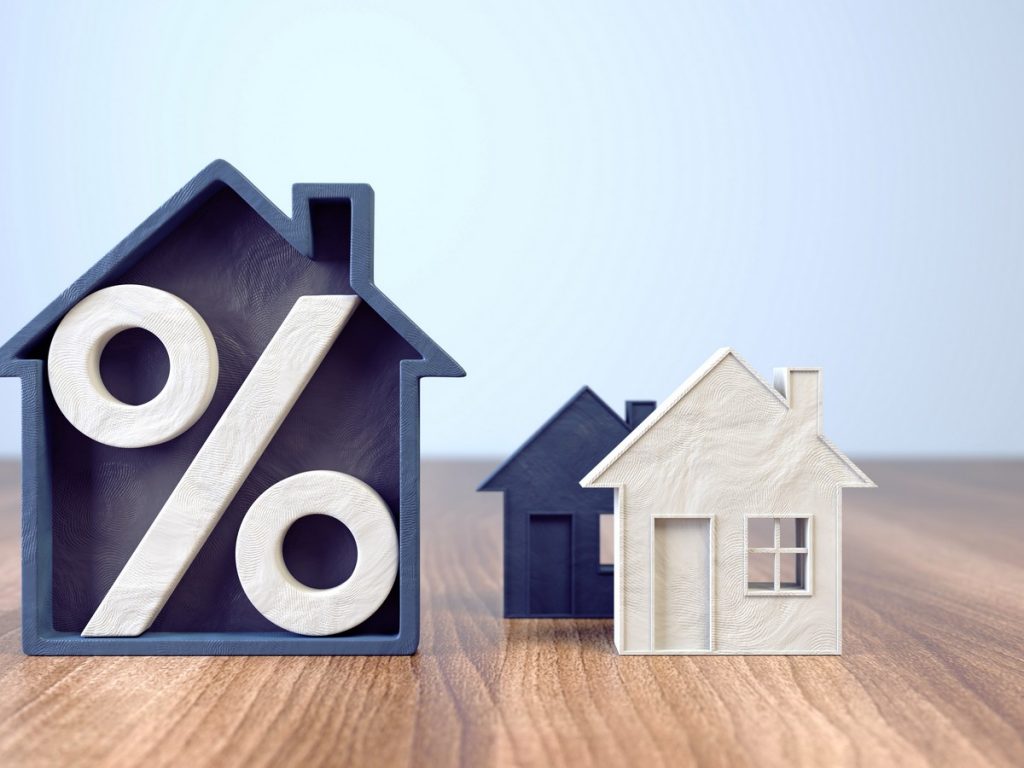ON BORROWED TIME: LENDING 101
Real estate and the mortgage market go hand in hand, they are both influenced by a myriad of factors and are constantly changing. Now that interest rates are at an all-time low, its an ideal time to purchase a home, at least from a borrowing standpoint, so I thought it would be a good idea to check in with Kathryn Pedersen, the Area Sales Manager for Fidelity Mortage in Steamboat Springs.
“Interest rates are definitely very low which is great, so the volume of refinances and purchases has really picked up,” says Kathryn Pedersen, the Area Sales Manager for Fidelity Mortgage in Steamboat Springs. “When rates are low, it makes everything more affordable. Monthly payments are lower, so it’s easier to buy.”
“And for homeowners looking to lower their monthly payments or take cash out for home improvement, it’s also a great time to refinance.”
I wanted to make sure I was up to speed on current conditions, so I decided to catch up with her for a little mortgage refresher, and to get the answers to some of her most frequently asked questions.
When is the right time to refinance?
When interest rates are low like they are now, it’s a great opportunity to save money. But it varies for everybody. Basically, it comes down to math. We’ll look at your current mortgage and your financial goals. We’ve got this geeky spreadsheet where we’ll run the numbers, then advise you given your individual situation.
Sometimes people refinance to take money out of their house, and sometimes they’re looking to get a lower payment. We can always take a look and tell you if it makes sense based on the math. I might tell three people yes and two people no in the same week – it really depends on their overall goals.
What are the benefits of going with an Adjustable Rate Mortgage (ARM), 30-year Fixed Rate, or shorter term (15 year) mortgage?
It all depends on your financial goals. We’re currently in an inverted yield curve that basically means most ARM rates are higher than 30-year fixed rates so there’s very little incentive to do an ARM. The only time an ARM is ideal is if the rate is lower than a fixed rate and you know you’re going to sell or pay off in within a certain timeframe.
On the other hand, a shorter-term, 15-year mortgage can save people a lot of money over the life of the loan, but the monthly payments are going to be higher.
It depends on your budget. You need to ask yourself: Do you have the kind of income stability that can weather the larger payment? It’s important to take into account the possibility that the economy might not be as strong in five years.
A 30-year fixed is going to have the lowest payments and the most security in knowing it’s a fixed rate. Again, it really depends on the borrower’s goals.
How do you get a loan on vacant land?
Fidelity Mortgage only does residential home loans, but generally land loans require a larger down payment. They’re normally done through a bank, and they’re generally at a higher rate than most normal purchase loans.
Do Homeowners Association (HOA) dues affect my loan?
If you are buying a place with high HOA dues, you’re not going to be able to afford as much on the purchase price. If you’re buying an investment property, that’s a big part of the equation in terms of how much money you’re going to make. It’s definitely part of the lender’s calculations. All condominiums, most townhomes and some houses in subdivisions have HOA dues so it’s an important variable to consider.
How does the interest rate affect my purchasing power?
It’s pretty simple: the lower the rate, the more you can afford.
When should I get pre-qualified for a mortgage?
As early as possible. Ideally you want to get prequalified before you start looking so you’re not finding a house you love that you can’t afford. Sellers want to see that buyers are serious and well-qualified. You don’t want to get caught in a situation where you find a place you love, but you haven’t put the financials in place yet. We can move quickly but the pre-qualifying process can take time.
What is debt to income ratio, and why should I care about it?
Debt to income (often abbreviated as DTI) is how much money you’re bringing in for income versus how much you’re paying out on a monthly basis. It greatly impacts your borrowing potential. The debt to income ratio is the calculation we use to know how much you can spend on a house. Trying to calculate it yourself would be very difficult because it’s a lot more involved than you might think. People assume you can just take a number off your tax returns, but it doesn’t quite work that way. Only a lender can determine your debt to income ratio and what loans you qualify for based on that number. There are different ways to calculate it and different loans have different requirements.
Do I have to pay off all my debt before applying for a loan?
Nope. You just have to be able to afford all the debt payments along with the new house payment. It depends more on your income. If you wait until you’ve paid off your debt, you may have unnecessarily lost out on home ownership and potential home appreciation.
How long does it take to get prequalified?
It depends on the individual situation. If someone is self-employed with 15 rental properties as income, for example, it’s going to be a lot harder and more complicated to pre-qualify than someone who is a year-round W2 employee. It can be as fast as a few hours to a few days, depending on the financials of the buyer.
Does it cost anything to meet with a lender?
No. We get paid when you close on your loan and not before, so you should never pay someone to meet with you about a mortgage.
For more information on Real Estate and Steamboat in general take a look at the links below and check out my other vlogs!
Website: http://www.SteamboatsMyHome.com
Facebook: https://www.facebook.com/SteamboatsMyHome/
Instagram: https://www.instagram.com/charliedresen/
Charlie Dresen
Change Your Experience
Real Estate Associate Broker | Sotheby’s
970-846-6435 | SteamboatsMyHome.com
610 Market Place Plaza, Steamboat Springs, CO 80487




Links
Steamboat Areas
Popular Searches
Broker Associate
Popular Searches
Didn't find what you were looking for?